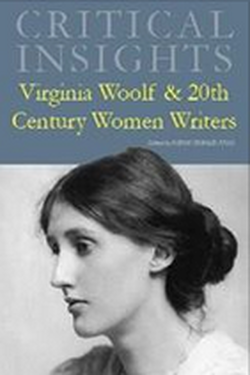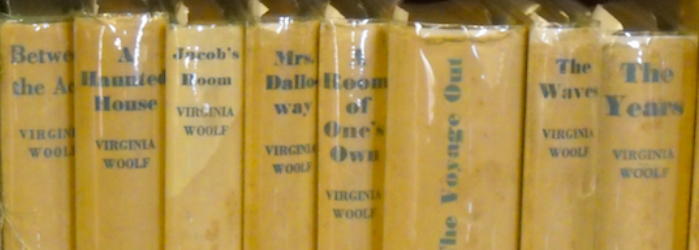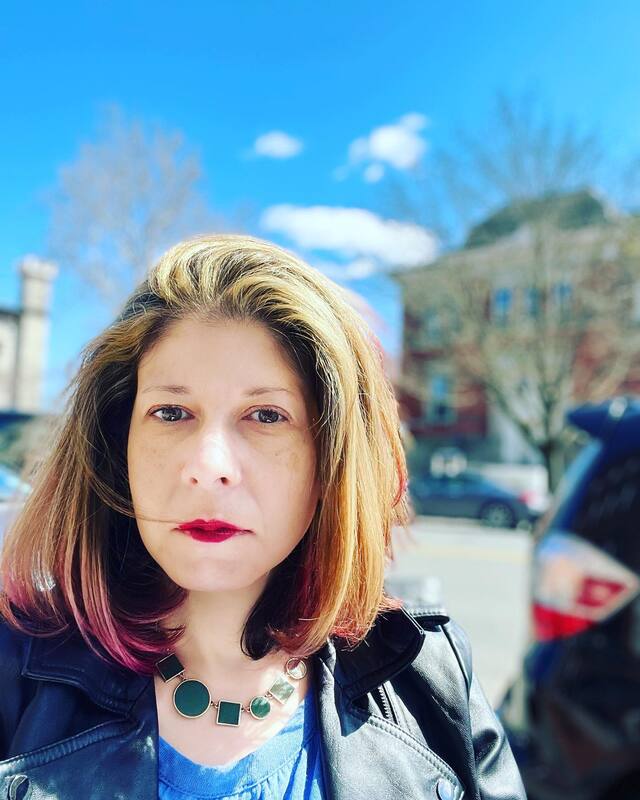 My essay, "'The Woolf Sting': Sylvia Plath Annotating Virginia Woolf," is in Kathryn Artuso's collection, Virginia Woolf & 20th Century Women Writers. On July 18, 1957, during Sylvia Plath and Ted Hughes’s vacation on Cape Cod before moving to Northampton, Massachusetts, where Plath would begin teaching first-year English at her alma mater Smith College, she cryptically recorded in her journal: “the Woolf sting in Jacob’s Room put off” (Unabridged Journals 287). Here, Plath’s use of “sting” suggests a heist, but partly because her father studied bees, both bees and stings are also prominent in Plath’s poetic vocabulary. This essay examines Plath's personal copies of Woolf's books, housed at Smith College and Emory University, to address the ways that Woolf continues to have a sting and a significance to which Plath returns throughout her career. As she underlines and annotates Woolf’s pages, Plath seizes Woolf’s words and phrases, claiming them as her own. In addition to recording Plath’s engagement with Woolf’s language, the archive of Plath’s reading of Woolf provides a record that enables further understanding of the materiality of literary history, which is central to Woolf’s argument in A Room of One’s Own.
0 Comments
Your comment will be posted after it is approved.
Leave a Reply. |

